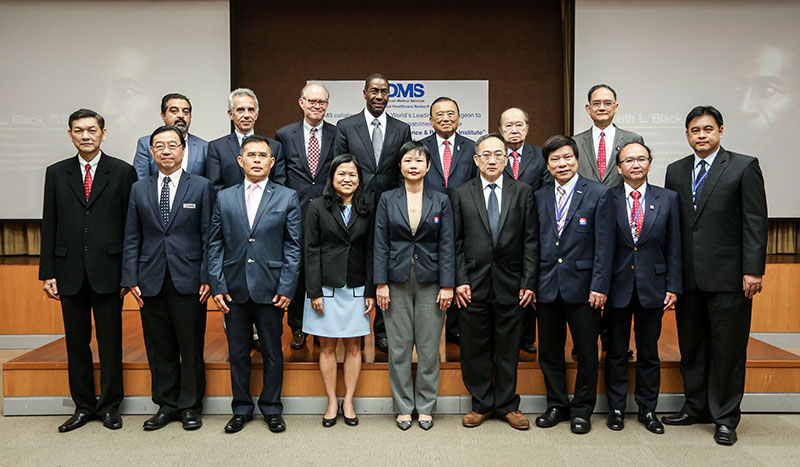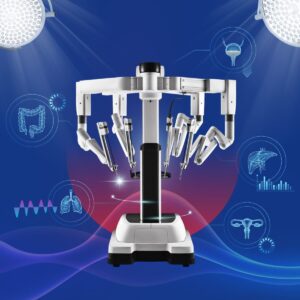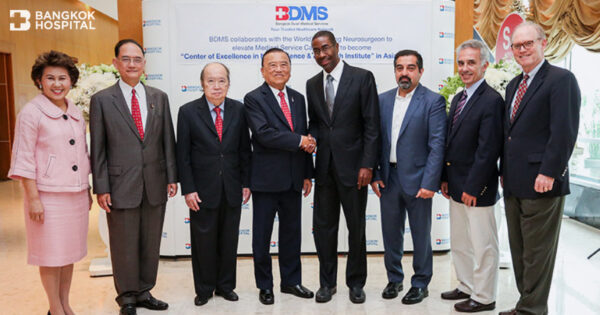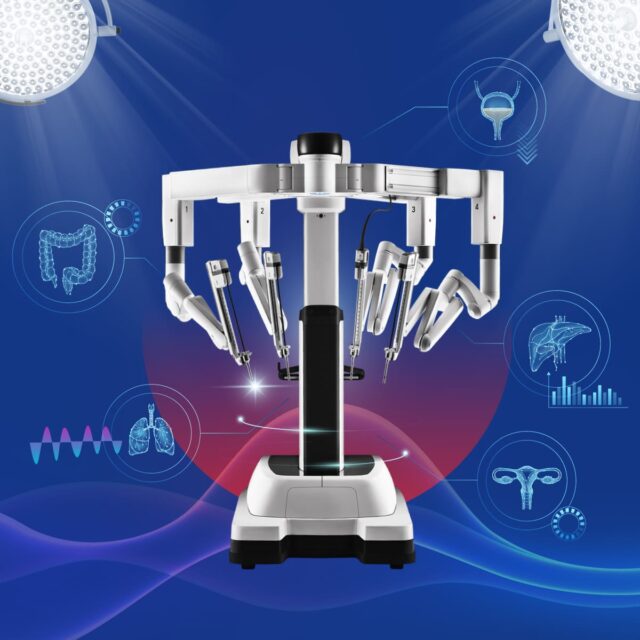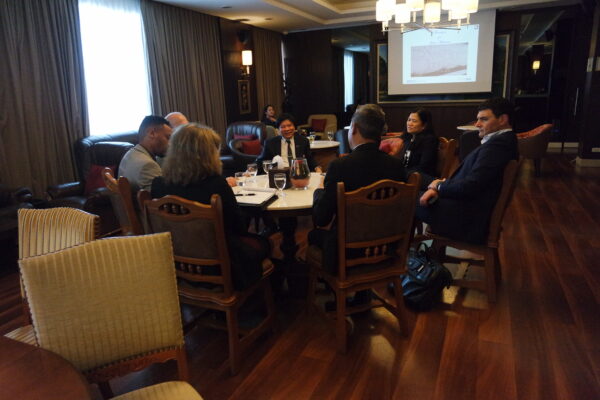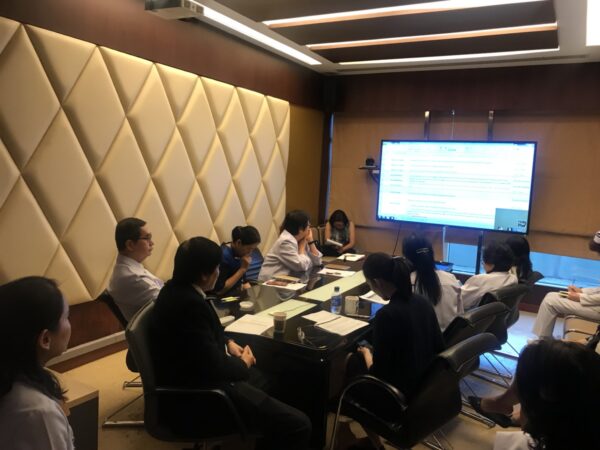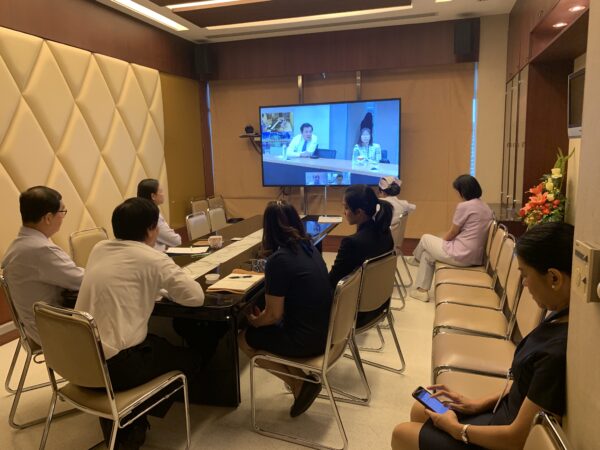Knowing in advance that one is at risk of developing Alzheimer’s disease can help us plan and adjust our lifestyle behaviors by choosing to eat healthy brain-boosting foods, exercising regularly, engaging in brain exercises through reading books, playing games that require calculation, making an effort to meet and converse with people to socialize, and finally, managing stress well. All of these can help slow down or alleviate the symptoms that may arise.
‘The Century of the Brain’
In response to the increasing number of patients with Alzheimer’s disease, the direction of medical research worldwide has given more importance to the ‘Century of the Brain.’ The development of medical capabilities to move forward against various diseases, especially those stemming from the ‘brain,’ the main mechanism controlling the function of vital organs in the body, which if lost, is difficult and time-consuming to restore to its original performance.
Bangkok Dusit Medical Services Public Company Limited (BDMS) has partnered with world-renowned neurosurgeons to become partners in researching treatments for brain tumors and cancer, moving towards becoming a ‘Modern Institute for Brain and Neurological Treatment’ in the Asia Pacific region.
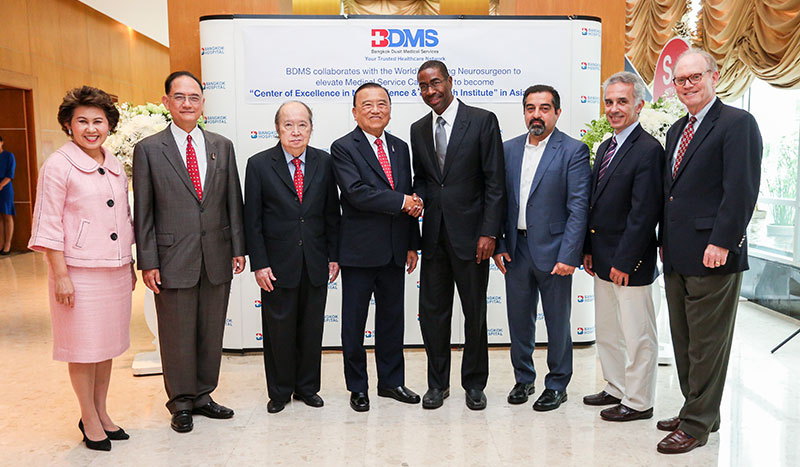
Collaboration with Dr. Keith L. Black, a world-renowned neurosurgeon
The development of technology for future potential in the treatment of brain and neurological diseases under this collaboration will involve the use of advanced and efficient technologies for treatment. The collaboration is divided into two parts: the first is the use of laser technology for brain tumor surgery, Time Resolved Fluorescence Spectroscopy (TRFS)
“With a shared vision to elevate the advancement of medical surgery to outpace the development of diseases, for prevention and readiness for the most effective treatment, I decided to collaborate on research with BDMS using technology for the surgery of tumors and cancers in the brain. Currently, one of the challenges for neurosurgeons is being unable to clearly differentiate between healthy brain tissue and cancerous parts. Therefore, this technique will use lasers to clearly identify areas of brain tissue, allowing for brain surgery with the least loss of healthy brain area, reducing risks, brain damage, and treatment costs further.
| The next step of collaboration is to prevent the risk of Alzheimer’s disease because Alzheimer’s cannot be detected early; it can only be diagnosed once symptoms have appeared, which leads to less than optimal treatment outcomes. Patients who have shown symptoms already have up to 40% brain damage. Moreover, currently, detecting abnormalities of Alzheimer’s disease by PET Scan is still expensive. Dr. Keith L. Black has conducted research on diagnosing Alzheimer’s by imaging the eye’s retina to find those beginning to have Alzheimer’s even before symptoms appear, as well as being able to detect patients’ risk up to 20 years before the disease occurs, which will help reduce long-term treatment costs and improve patients’ quality of life significantly, presenting a very interesting option. | 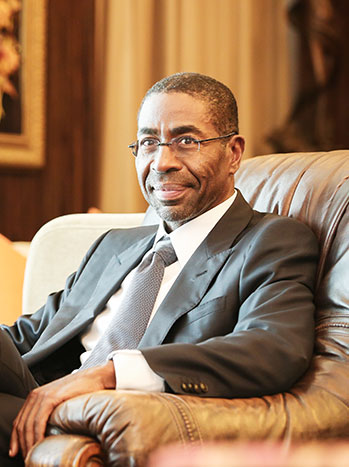 |
“I see an opportunity for BDMS beyond the current treatment standards to participate in research and development of modern technology so that patients at all levels can access and benefit from medical research on a broad scale.”
And this is another advancement for BDMS that underscores the key goal of supporting and promoting people in society to take care of themselves for a healthy and strong physical health, while also striving to continuously develop medical technology to provide the highest efficiency in patient care, under the Trusted Health Care Network that is even stronger.
